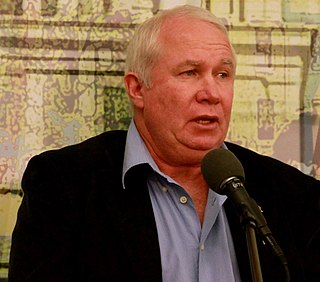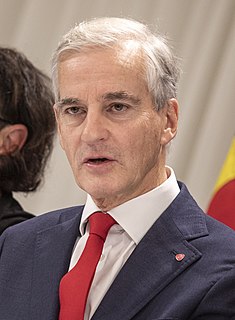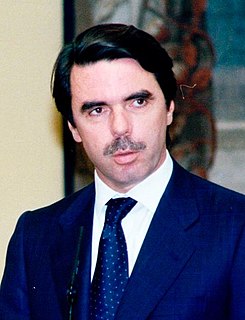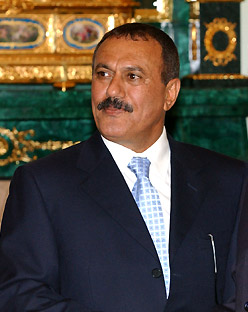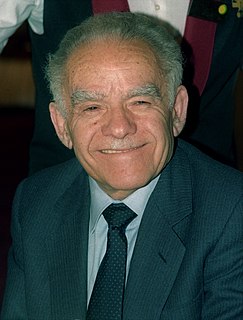A Quote by Roy Bennett
For decades, Robert Mugabe has thumbed his nose at the world. The long-time dictator has ruled Zimbabwe with an iron fist, repeatedly insulted foreign dignitaries, ignored regional and international agreements to which he was a signatory, and isolated the country from any legitimate international economic or political engagement.
Related Quotes
This is the one international institution we have in which governments get together to work collectively for a common purpose. International crises, by definition, require international solutions. Peacekeeping is a response to conflict, is a response to situations in which often it is not the business of any one particular country to get into. It seems to me, therefore, that the world will for the foreseeable future need peacekeeping.
It is clear that there are reasons for discontent in Iran - economic and political reasons. We have told the Iranian leadership repeatedly that the country's economic recovery can ultimately only succeed through greater international economic cooperation. And the precondition for that is not only that Iran refrain from developing nuclear weapons, but also that Iran's role in the region become far more peaceful. We have offered to finally hold true negotiations and talks on that issue.
Tunisia's responsibility, and especially that of its political and intellectual elites, is enormous. All the protagonists of the nation's social, cultural, economic and political life must work to overcome useless and counterproductive polarisation, and to find solutions to domestic, regional and international problems.
You either deny terrorists any acceptance in the international life, or you make your double standard policy work the way it has been working - 'I don't like that guy in this country, so we will be calling him a dictator and topple him. This guy in another country also dictatorial, but he's our dictator.'
